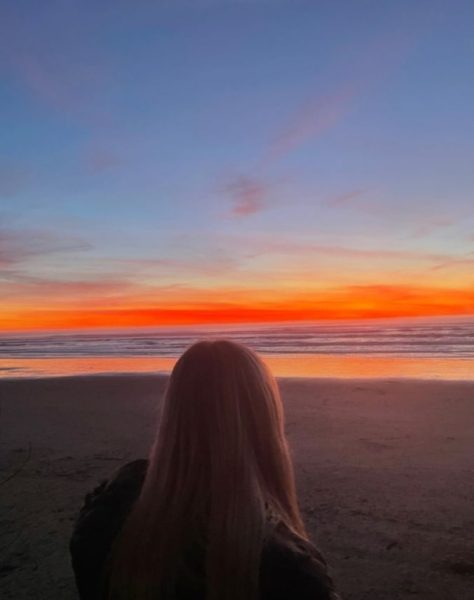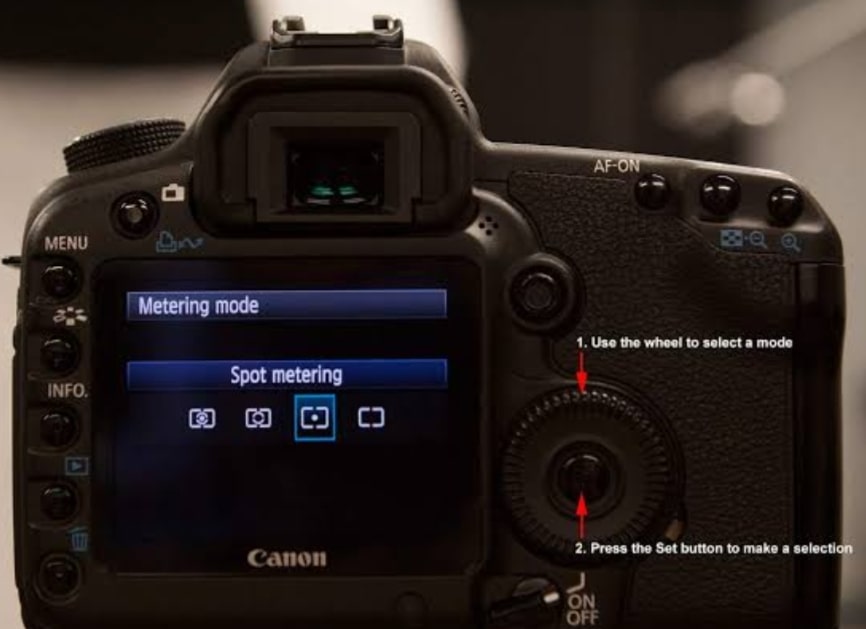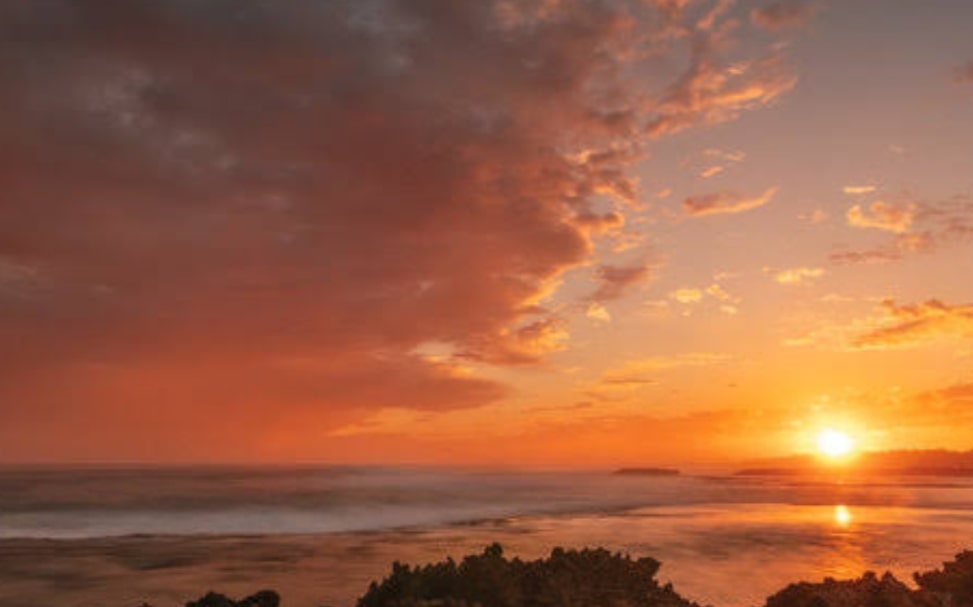In this article, you will know tips and tricks for stunning beach photography. You will also know how to create beautiful beach compositions and when to head to the beach for the best photos.
1. Look for focal points
If you want to capture beautiful beach photos, you must pay careful attention to your composition. In other words, before tapping that shutter button, you should think about what is in your frame and how it is positioned. A focal point is essential to create any great image.
2. Head to the beach during the golden hours
The golden hours are between sunrise and sunset. These are some of the best times for beach photography. The golden hours offer amazing light, the beach with lovely warm colors, and the shadows. There are fewer people at the end of the day, which means you can capture plenty of beach landscapes that don’t feature distracting sunbathers and swimmers.
3. Use spot metering
Cameras generally offer several metering modes, which tell the camera how to evaluate the light for a detailed exposure. You see, a spot metering mode directs the camera to analyze only a small spot in the center of the image. If you are trying to photograph a distinct subject such as a person or a bird you can position the center of the frame just over your subject and use that meter reading to set your exposure.
4. Head to the beach when the weather is bad
Beaches look great on sunny days, sure but did you know that, if you head to the beach when the sky is dark and stormy, you can get stunningly atmospheric images? You can also head out in fog or even snow, both of which can look incredible. You will get one of the best pictures.
5. Use neutral density filters for beautiful long-exposure images
Beaches feature plenty of moving water, and moving water is great for long-exposure photography. By putting neutral density filters over your lens, which blocks out the light just like sunglasses. The key is that they reduce light uniformly, so contrast and dynamic range are not affected.




